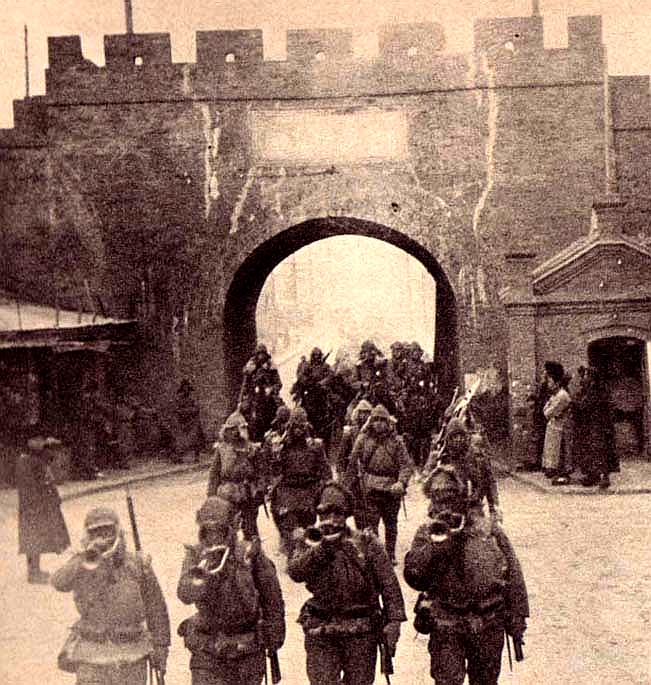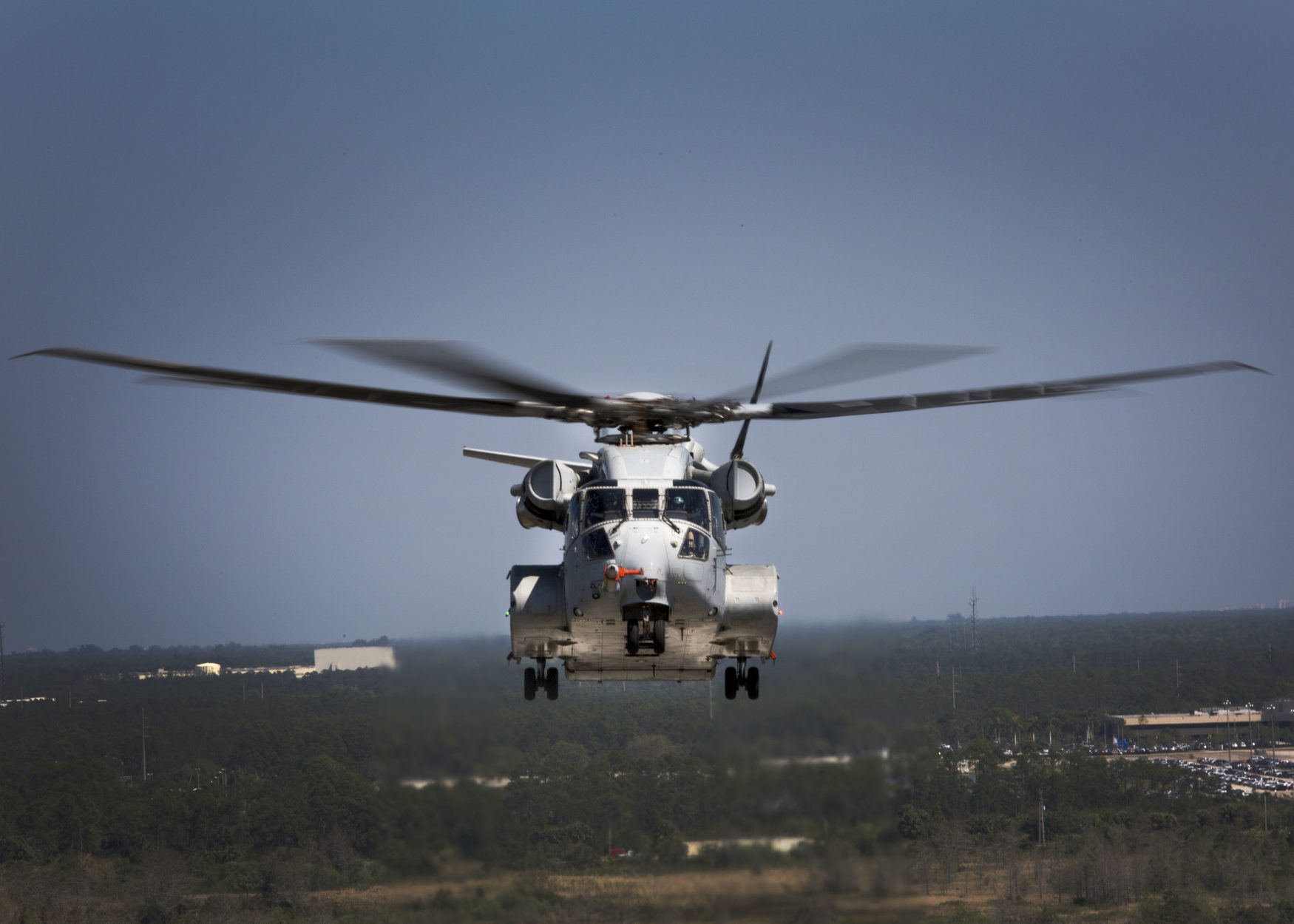I see it more as a political move on the part of China. It can also be argued however that Chinese assets in say Cambodia or Myanmar will better enable China to break out of the First Island Chain;' similar to the roles China's islands/reefs in the South China Sea play. As it stands however there is little possibility of China placing assets in Cambodia or Myanmar; even if it wanted to.
China's strength is when they are close to China. They are the dominant power in that space. In softpower situations, very useful, in all out peer conflict with the United states and its allies less so. They want total ownership of the 1st island chain space.
Which is exactly what worries China. Assets in Australia better enable Chinese shipping in the Indian Ocean or the Melaka Straits to be interdicited. Those assets can also be deployed to Butterworth or Indonesia if the political situation permits.
I worry about butterworth, I doubt Indonesia will ever have a climate to base actual combat aircraft flying combat missions. Butterworth is a long standing existing arrangement, its key to the five powers, Malaysia and Australia generally get along. Refusing it would be basically terminating the 5 powers arrangement, upsetting the UK, annoying the Americans, make Singapore paranoid, and Indonesia re-assess. So quite a lot at play, but the Chinese have tremendous ability to apply pressure. Particularly combat missions.
Indonesia on the other hand, doesn't particularly get along with Australia, has no history of basing and joint operation, isn't overseen by other larger power. Unless China was opening hitting Indonesian targets, lets presume any Indonesian basing of Australian assets is out of scope?
I think they do but aren't sure yet [neither are the Americans for that matter] as to how far is the U.S. really willing to go for Taiwan.
Hard to say. History seems to indicate, the American's don't tend to rush straight in and fight your battles for you. But they will happily sell you equipment for your struggle and provide other support. Ultimately, war is won by those who have the most conviction to their cause, the Taiwanese would have to do a lot of heavy lifting, against a really big and close threat. I think everyone is looking to see what the state of play is in the next 5 years, both the US and China. China can have aircraft over Taiwan inless than an hour. The US doesn't have any forces based there. So it would seem initial fighting and deterrence needs to come from the Taiwanese. US always explores its options.
Shouldn't really change Australia's course of action. Taiwan is just one (the most likely) friction point, in a world of challenging strategic threats. China could collapse into civil disorder. The US could collapse into civil disorder. A war could break out over an accident. Or spill over from another region (Europe?).
They were in New Guinea and the Solomans months after Pearl Harbour.
Yes, but they didn't just wake up on day and strike pearl harbour having committed no other aggression. They fought Russia in the 1900's. They took Korea (1910), they took Manchuria (1930), they worked there way down, the League of Nations gave them territories (1920), they took Vietnam, they took Malaya, they took Singapore .

en.wikipedia.org

en.wikipedia.org

en.wikipedia.org

en.wikipedia.org

en.wikipedia.org

en.wikipedia.org
China isn't going to just pop out of our lunch box and fight a 1 on 1 war with Australia with all its might while everyone just watches. Mainland China is just fine where it is, thousands of miles away, in another hemisphere, surrounded by its own problems including Japan, Koreas, Vietnam, India, the USA and to a lesser extent Russia and Pakistan.
Australia doesn't have to worry about mainland China. Its them having the largest naval fleet and a very capable air force that is our concern. They don't have to fight for all these territories, they know long term, economically they could have them in their orbit.
They also need to keep.various South East Asian states neutral. This is just as important because having hostile assets in these countries makes it somewhat complicated for the Chinese.
Even for the biggest guys, like the US and Japan, a war with China is not something you want. Even Japan, finds it difficult to oppose China, particularly without the US literally having ships there.
China doesn't want to fight 15 countries. It doesn't want to fight anyone. It wants Taiwan. It wants everyone to stay away, or preferably, leave the region. Most states, even if they feel what is happening in Taiwan is wrong, and are worried about Chinese aggression, are going to jump in front of China and its goal, or even take pot shots.
Heck, even the US isn't likely to do that. They will approach, tell them to stop, start diplomacy.
Look at Europe. Took quite a while for some NATO states to really understand what is going on and what to support, how bravely promise some basic equipment. Australia has provided more aid than France. Germany was just promising helmets at one stage. France wanted to sell them two LHD's last time. Everyone needs oil. These are rich powerful states, some with US forces based on them, and Russia's strength is pretty unimpressive these days, even before the Ukraine failures. Everyone is looking at what the US says and does.
Russia has been successful at stopping other nations from joining the conflict. They have been unsuccessful at getting other countries from supplying arms and weapons to Ukraine, because supplying weapons is so easy, politically internally usually acceptable. Sanctions have happened against Russia. Assets have been taken.
China would be different, its much bigger, much more capable, its surrounded my nations much smaller. There is no NATO in Asia.
But Australia would be critical. We supply so much energy, ore, just shutting down what we supply them ourselves would be significant and we *could* control the straits.
So where we fall on the issue and what capabilities we have is absolutely essential.
But we can't do it, with one or two operational destroyers, some Anzacs and a good portion of the Collins fleet out of action, and only 3 squadrons. That isn't credible. That doesn't look like credible capability.







